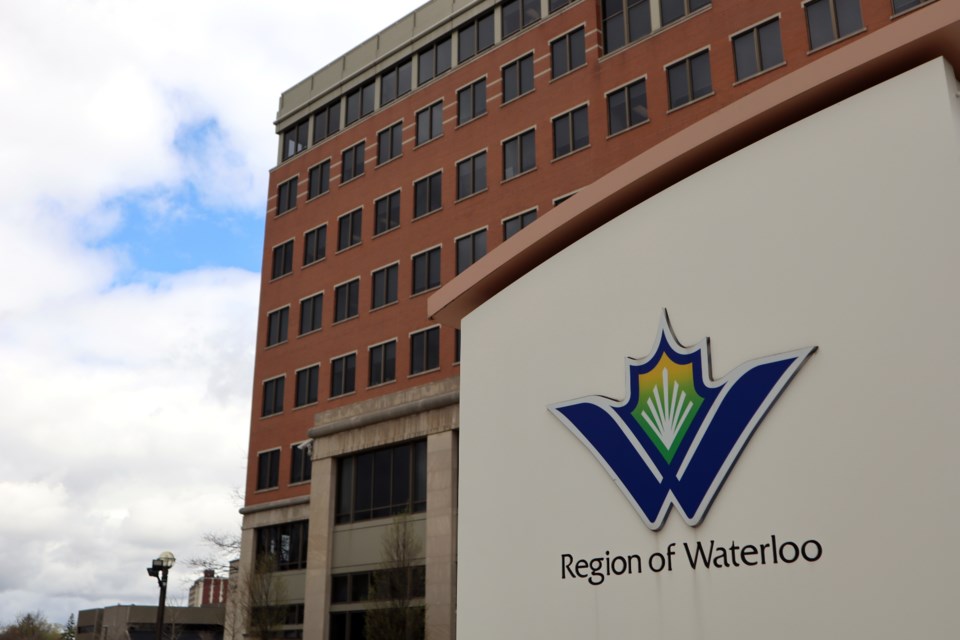Unpaid rent from tenants in Waterloo region's subsidized housing units amounted to close to $210,000 in write offs last year.
Staff feel it's a lost cause to go after tenants or try to evict because of a "low collection success rate" with the Landlord Tenant Board.
A report headed to the region's administration and finance committee next week details the recommended write-offs for nine accounts with balances in excess of $10,000.
That amount, which totals $118,966.89, is equal to less than one fifth of a percentage of all billed revenue at the region for general receivables, seniors' services and housing services.
Any write off over $10,000 requires council approval.
Total write-offs for housing amounts to $210,579 and is due mainly to uncollectible rents from past tenants in housing services.
Staff says "collection agencies are no longer willing to take on these former tenants' balances which have a low collection success rate and a lengthy process to evict tenants using the Landlord Tenant Board."
While it's considered a "very insignificant portion of total billed revenue," it is significantly higher than 2023, reads the report.
Last year's total write-offs amounted to $106,275.86.
Legal Services staff have assisted with the legal aspects of the collection of delinquent accounts with the exception of those related to housing.
Other write-offs include $17,000 in general receivables and about $2,000 for seniors' services.
Accounts with balances less than $10,000 aged beyond 90 days, and where all regular collection efforts have been exhausted, are written off throughout the year.
Staff report it has conducted a thorough review of all outstanding accounts to determine the amounts to be written off in 2024.
"Operational procedures include a robust collection process," the report says.
"Regional staff regularly review processes for improvements to mitigate the region’s risk associated with nonpayment of accounts receivable including encouraging customers to enrol in preauthorized payment and in areas of higher risk of default, mandatory pre-authorized payments," the report states.
